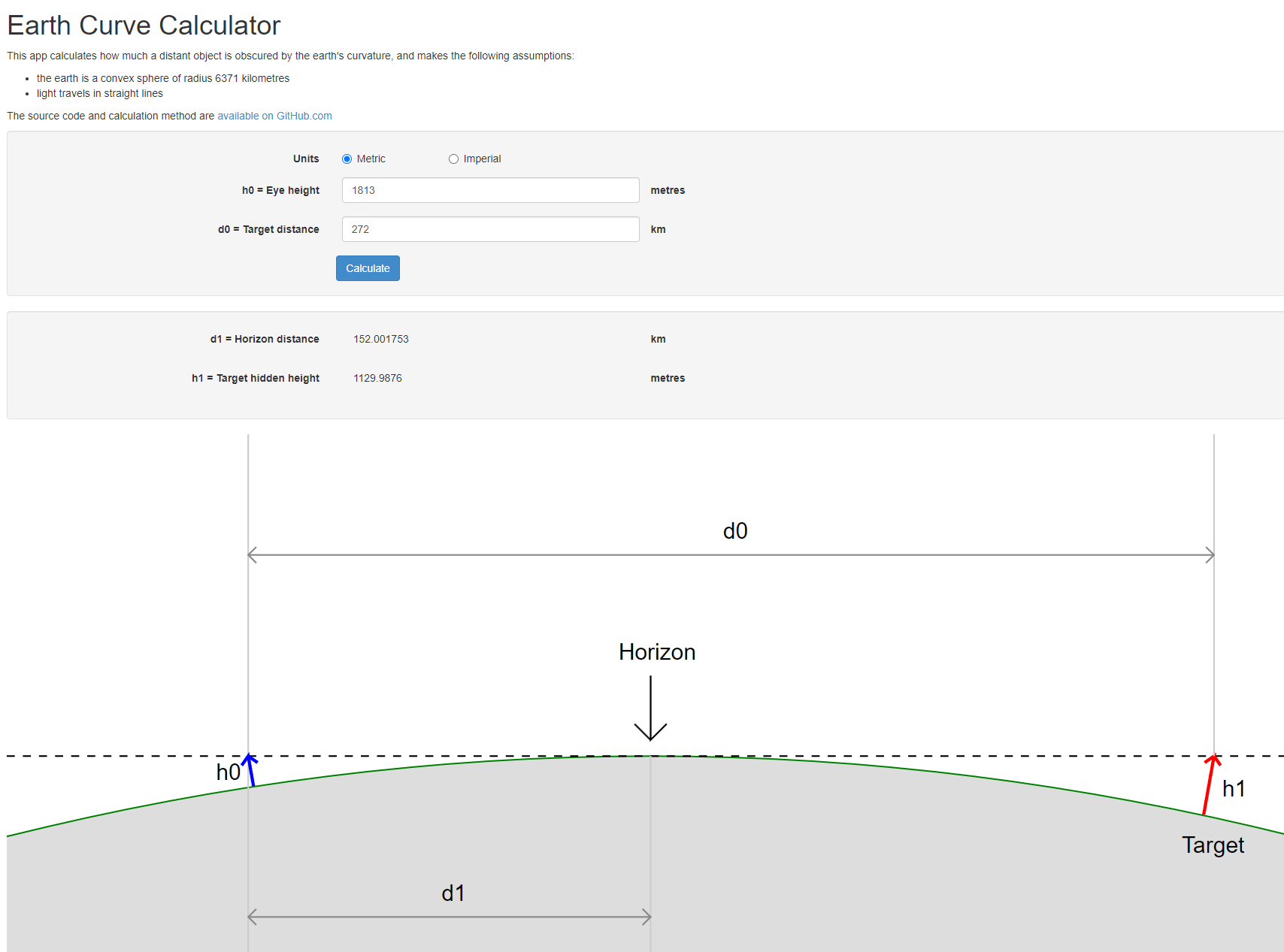A market dip typically refers to a short-term decline in the price of a stock, asset, or market index. While there is no fixed percentage that universally defines a dip, it’s generally insufficient enough to be considered a correction (usually a drop of at least 10%) or a bear market (a decrease of 20% or more). A dip might occur due to temporary factors such as macroeconomic events, geopolitical tensions, or fluctuations in investor sentiment. Investors often view dips as potential buying opportunities, especially if they believe the downturn is temporary and the fundamentals of the investment remain strong. However, distinguishing between a dip and the start of a more prolonged decline requires careful analysis of market conditions and underlying factors.

No responses yet